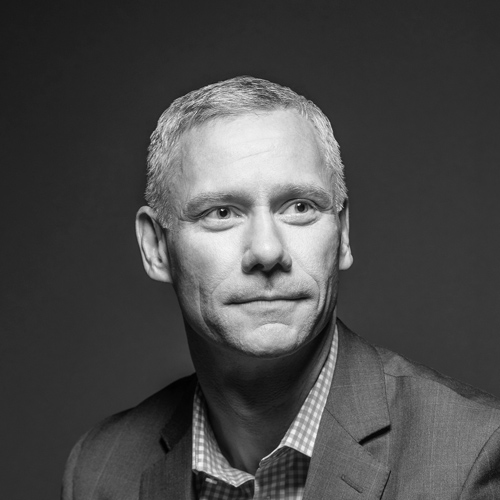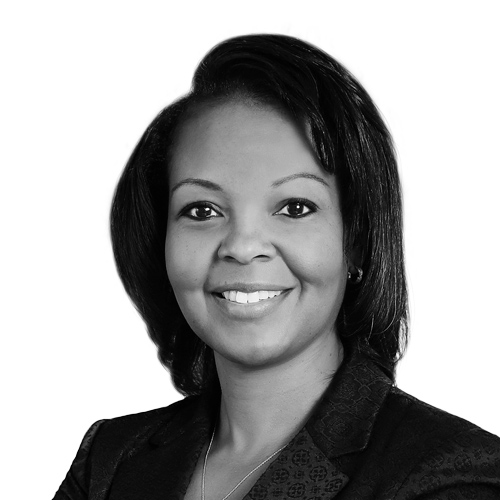
Since announcing a merger between Epiq Systems and DTI in September 2016, Epiq’s chief human resources officer, Terry Gaylord, says members of the now united Epiq brand have been working somewhat in two worlds. “On one hand, you’re focused on supporting the business and delivering for clients,” Gaylord says. “On the other hand, you’re living in this world of trying to bring two companies together, both operationally and culturally.”
While Gaylord says this is quite typical with any merger, Epiq was unique in essentially doubling its global footprint, its personnel, and working to unite the culture between two companies at the top of their respective fields. As Epiq continues its transition, Gaylord has been able to reflect on what has made the fundamentals of the merger successful and how growing and maintaining leadership has united the company as it begins to further define itself.
Gaylord doesn’t mince words about the challenges of bringing two large companies together or the realities of daily operation combined with integration. “Ultimately, that means people are working twice as hard,” Gaylord says. “You’re focused on the day-to-day but also on integrating the operations and best practices of both organizations.”
While that work can be daunting, Gaylord says the workload can have its own payoff in helping to unite the company. “There is the benefit of seeing a tremendous amount of continued progress,” Gaylord explains. “In any merger, I think that is perhaps one of the things that keeps people going: the greater goal you’re working toward and the light at the end of the tunnel you know is coming.”
From an operational perspective, the merger presented a number of immediate opportunities before the ink dried. Epiq would be operating in fourteen different countries with about one hundred locations around the world. Both companies also included unique business groups, which adds another layer of complexity. That, coupled with the sheer additional volume of work, meant balancing thoughtfulness with efficiency. “The businesses truly have to be treated a little bit differently—not necessarily from a policy or behavioral perspective—but sometimes your supporting processes for each business have to be adapted to suit those unique business models,” he says.
Gaylord says that addressing administrative processes is often more immediate. Working to unite company culture has to be seen as a long-term effort, but both companies worked to address a united culture early in the process. Epiq and DTI each conducted cultural assessments to identify hallmarks of each company—both operationally and culturally—to find common ground and to create a shared vision of both companies prior to the merger. A senior leadership team that was comprised equally of Epiq and DTI leadership was created almost instantly.
“Having that immediate, integrated leadership team was very critical,” Gaylord says, “in providing the long-term vision for the organizational culture, instilling a belief in people, and giving them a reason to be here: that they want to be part of something new, big, and exciting.”
Leadership is a tenet Gaylord returns to often both when recounting what he sees as early successes of the merger and potential for continued growth at Epiq. “Historically, we have had strong leaders across the two companies, and that provided stability and consistency,” Gaylord says. “In a time of a lot of change for all employees, it’s critical to have some stability in senior leadership and consistency in that regard.”
That belief in leadership goes beyond those at the top, says Gaylord, who has a doctorate in industrial and organizational psychology. “I do believe that leadership exists at every level of the organization and within every position,” he says. Gaylord sees it as imperative to provide a path for Epiq’s employees to demonstrate that leadership. “You’re going to get your best organizational results when you empower people to lead,” Gaylord continues. “If you can provide that path and really empower people to drive change and positive results, then that can have a compounding impact across the whole organization and lead to substantial, positive results.”
Gaylord says it’s an ideal time to not only encourage and empower employees, but also to collaborate with new leadership to help guide the company brand and culture. With a significant amount of what Gaylord refers to as the “operational horsepower” initially required in the early stages of the merger, he believes that Epiq can now focus more on the cultural values and further define what excites both its current employees and prospective employees about being part of the brand. Defining that employment brand is in its early stages, but Gaylord says Epiq is intent on cultivating a dynamic and rewarding workplace that inspires those to lead and grow on all fronts.
The merger also highlights Epiq’s emphasis on developing quality programs around succession management and development planning. Organizational change can spur taking risks on leadership. Building strong leadership from bottom-to-top ensures the organization has more flexibility when this arises. “You have the luxury of moving leaders around to take on new opportunities, and that’s really where you’re seeing the benefit of the investment in leadership development,” Gaylord says.
As Epiq enters the more nuanced period in its development, Gaylord is confident that the company’s focus on fostering leadership and a shared culture will make an already successful situation all the better. “Ahead of this merger, both companies were already leaders in this industry,” Gaylord says. “Now, we’re united in this vision, and we believe that we’re going to be number one, not only from a revenue perspective but also in terms of the diverse set of services that we can offer and the quality of service that we provide through our people.”
EPIC is a retail property and casualty and employee benefits insurance brokerage and consulting firm. EPIC has 1,300 team members across the US, providing solutions to more than 30,000 clients. With run rate revenues approaching $400 million, EPIC ranks among the top 20 retail insurance brokers in the country. www.epicbrokers.com
Photo: Gary Rohman

